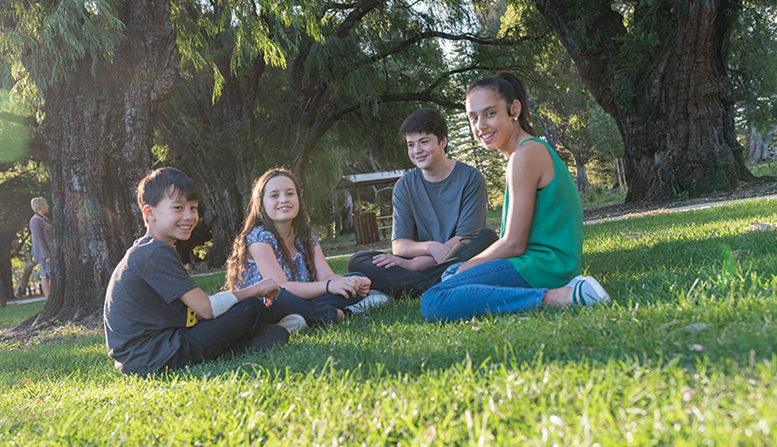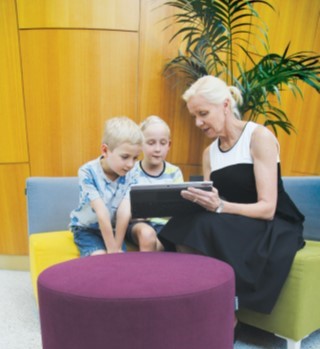Search
Research
Moral Disengagement of Pure Bullies and Bully/Victims: Shared and Distinct MechanismsThis study advances bullying research by extending the role of moral disengagement in bullying episodes beyond pure bullies to victims, both pure victims and bully/victims
Research
Telling an Adult at School about Bullying: Subsequent Victimization and Internalizing ProblemsTo prevent persistent victimization, schools and teachers need to be better equipped to respond effectively when a student first becomes a target of bullying
Research
Pre-service teachers: Knowledge, attitudes and their perceived skills in addressing student bullyingThe lack of skills in managing future bullying and particularly cyberbullying incidents reported by pre-service teachers has social and emotional implications for young people
Research
Efficacy of the Aussie Optimism Program: Promoting Pro-social Behavior and Preventing Suicidality in Primary School Students. A Randomised-Controlled TrialAussie Optimism Program with teacher training along with coaching may have the potential to positively impact on suicidality and pro-social behavior in the pre-adolescent years
Research
Family Involvement in a Whole-School Bullying Intervention: Mothers’ and Fathers’ Communication and Influence with ChildrenThese results highlight the importance of working with both male and female caregivers when addressing children’s bullying behaviour.
Research
Norm Misperception and Witnessing Bullying: The Role of Individual and Contextual CharacteristicsPrevious studies have shown that when young people witness bullying, perceived social norms of their peer group affect their behavior. However, few studies have examined the specificity of norm misperception (i.e., overestimation of peer antisocial responses and the underestimation of prosocial responses relative to the objective group norm) on specific witness responses (joining in, bystanding or active defending).

News & Events
Young ambassadors keep researchers on their toesFlat out trying hard to keep up with the ever-changing threats from cyberbullying, The Kids Research Institute Australia counts itself fortunate to have youth on its side.

News & Events
Decades of bullying research pays offProfessor Donna Cross and her team at The Kids Research Institute Australia have challenged and overturned damaging attitudes that saw bullying tolerated in childhood.

News & Events
My child is bullying others, what should I do?Most children are capable of bullying behaviour at some time, and it’s our job as parents to discourage this behaviour as soon as it appears.
Research
CybersafetyEven in the safety of their home, there are many risky places a child or teenager can visit online. This can be due to the content they see, who they come into contact with, and personal information they share.
